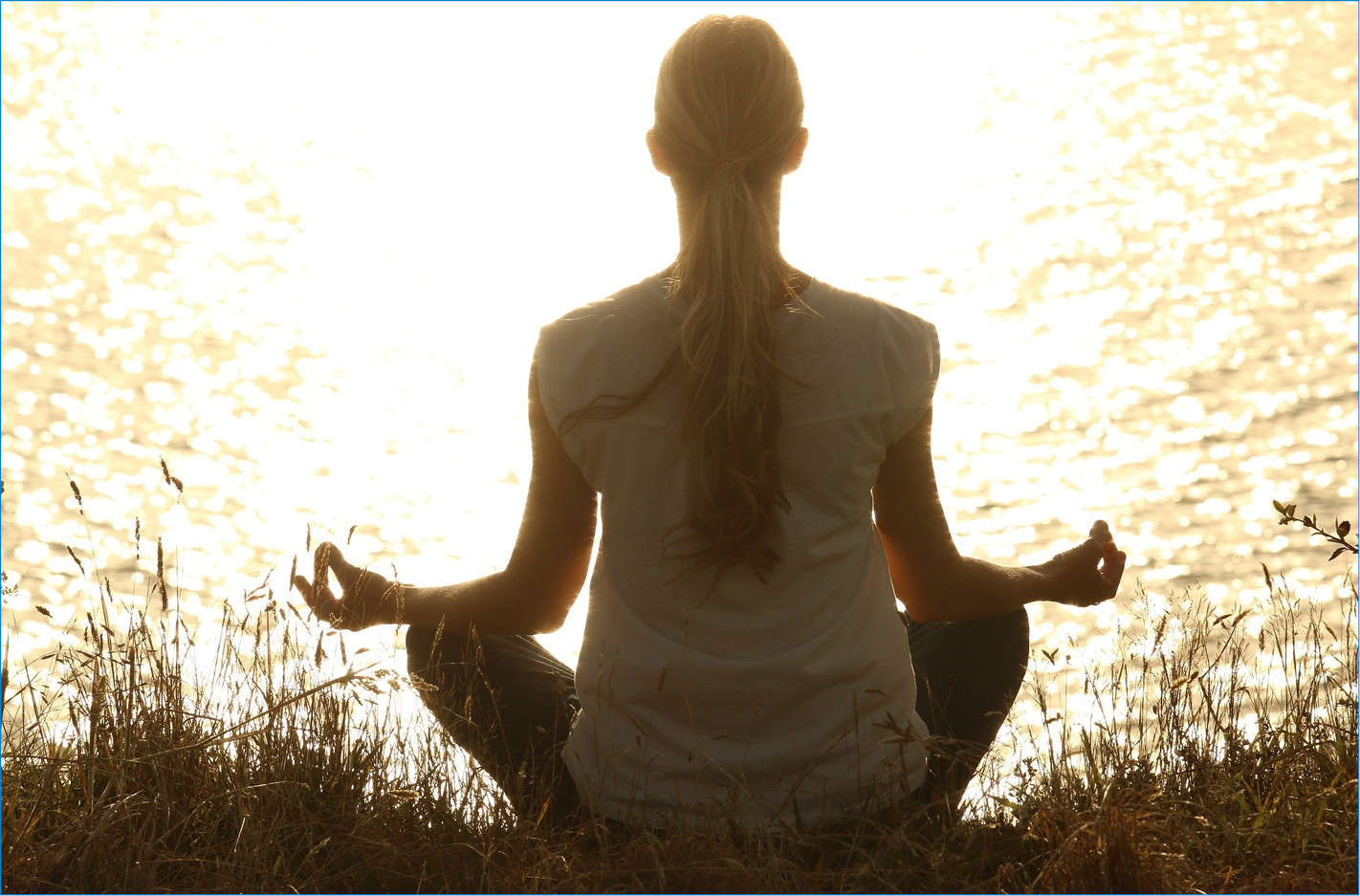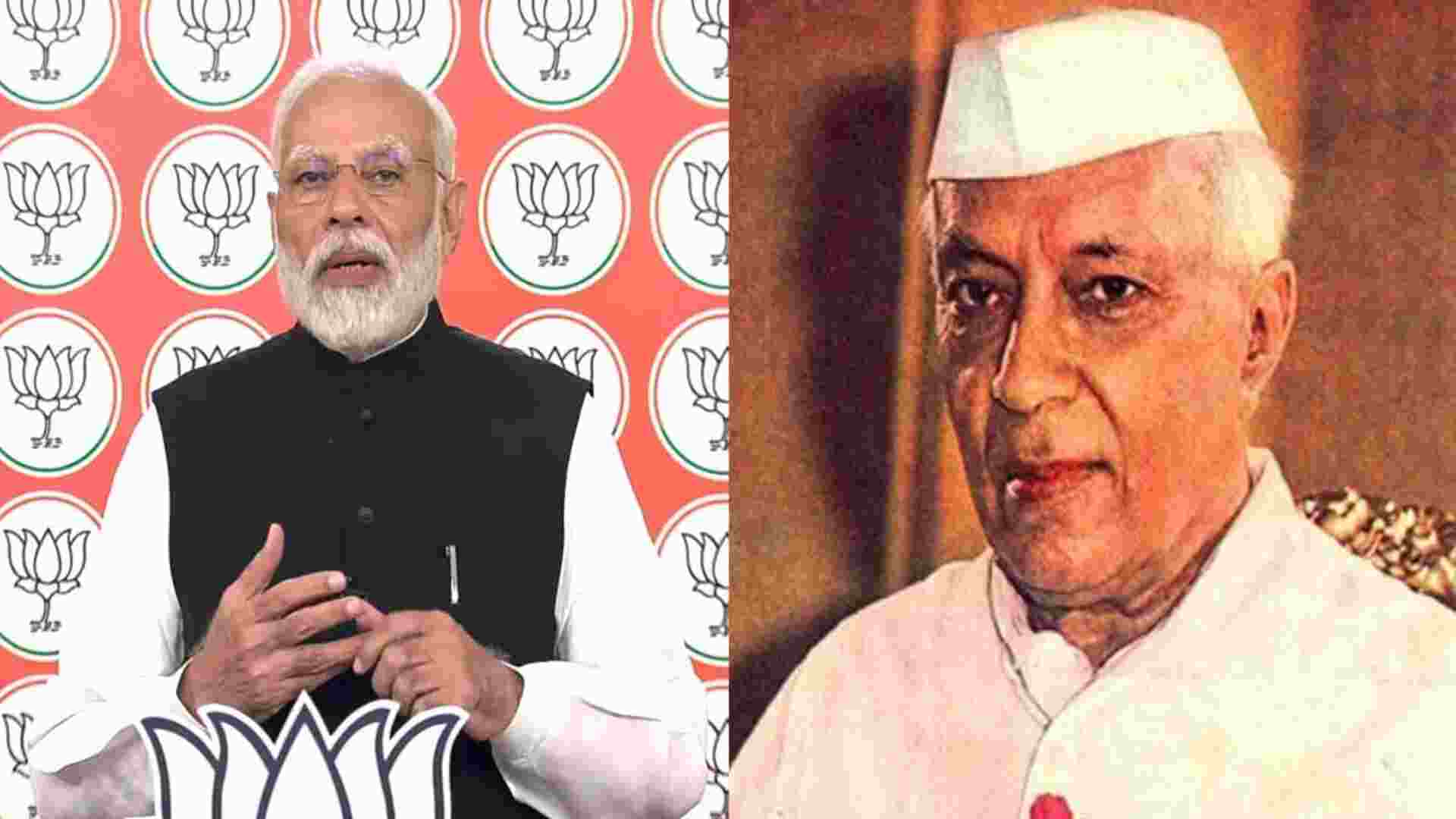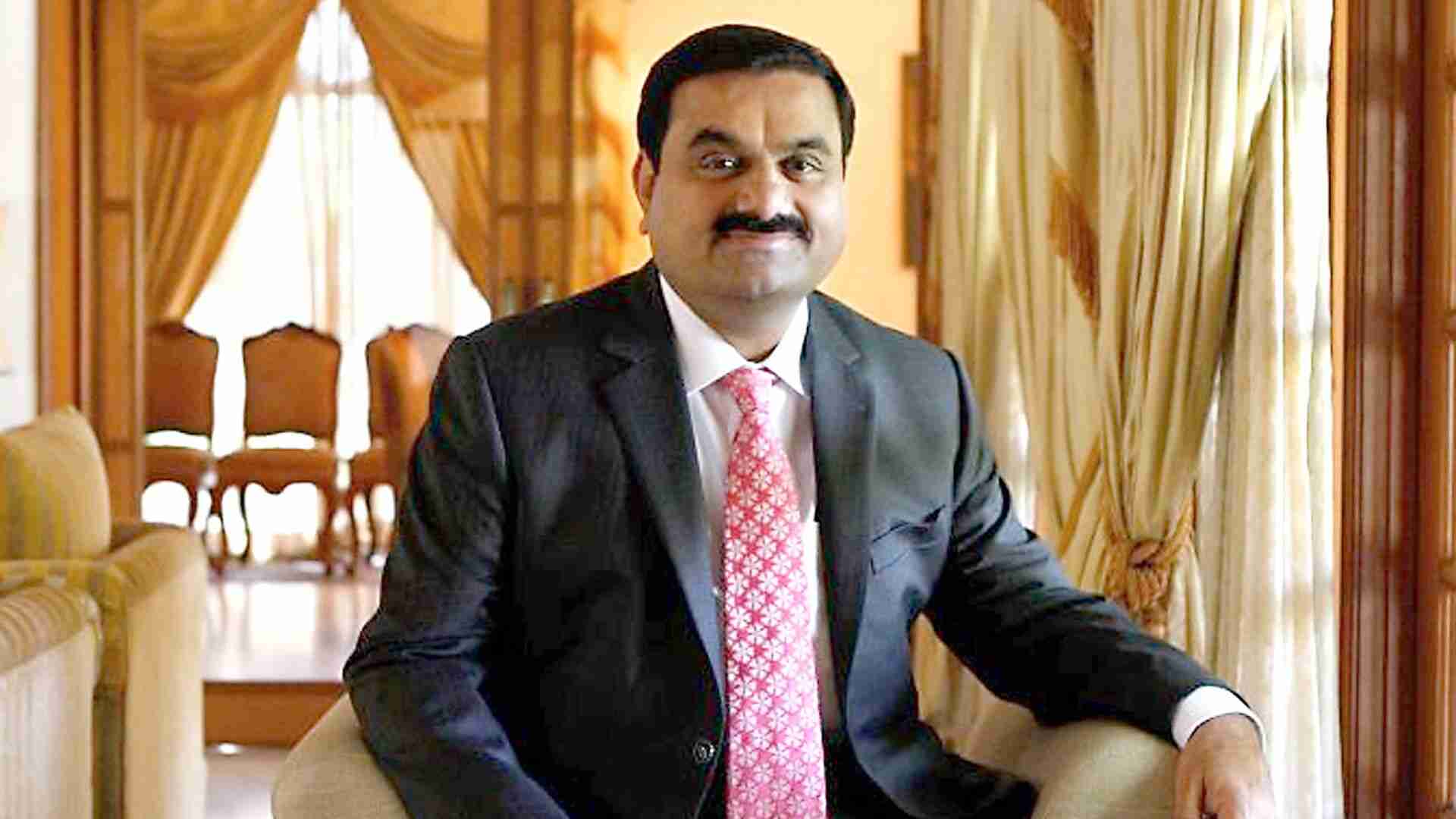
Anger is an emotion familiar to everyone. We all have experienced it in some way or the other. Anger need not be just shouting at someone; it occurs in many other ways, such as irritation, sullenness, aloofness, and resentment.
Many people don’t even recognise these as various forms of anger. When someone expresses anger, they reveal their state of mind and can be helped. But those who carry passive forms of anger inside them often do not know the harm it is doing to them.
Why do we get angry? It is the result of a weakness in the soul which makes us lose our temper or in other words, loses control over the self, but we often give justifications for it. We point to the behaviour of others or to situations which, we say, made us angry. According to psychologists, an angry person is very likely to be mistaken in this regard because anger causes a loss of self-monitoring capacity and the ability to see things objectively.
Even if another person’s behaviour was bad or a situation was really testing, does getting angry make things better? Suppose we give someone a task and they fail to do the work the way we wanted; we get angry at them. What will be the result? We may be able to make them do things our way for some time, but our anger will put that person under pressure and make them fearful. By getting angry we also hurt others’ self-respect, which may make them resentful. In future, the fear or resentment will not allow them to be honest or free in their interac-tions with us, and they may no longer have genuine respect for us. In effect, anger builds an invisible wall between people that blocks the flow of good feelings, cooperation and understanding.
Anger also harms the one who gets angry. The physical effects of anger include increased heart rate, blood pressure and levels of adrenaline. An angry person quickly burns up his energy and, therefore, feels exhausted. Those with an angry or irritable disposition are likely to frequently feel tired or weak, which in turn may make them more irritable.
Anger, someone said, is an acid that can do more harm to the vessel in which it is stored than to anything on which it is poured.
So how can we give up this corrosive emotion? It is essential that we look at everyone as our brothers. This is easy to do when we recognise that we are souls, children of the one Supreme Soul. Every individual has their own personality, talents, and role, which is reflected in their behaviour. If we remember this, no one’s behaviour will upset us. If someone gets angry with us, it is because they are not in their best state of mind at that moment. This understanding helps us avoid reflexive reactions, and once the other person’s anger subsides, we can sort out any misunderstanding or differences calmly.
Meditation helps immensely in becoming free from anger. Rajyoga meditation involves reminding ourselves that we are souls, and remembering the Supreme Soul, who is an inexhaustible source of purity, peace, love, and power. Regular practice of Rajyoga helps us build an inner reservoir of peace and develop a positive outlook, both of which enable us to avoid anger. Reminding myself again and again that I am an innately peaceful being eventually imbues me with peace so that nothing and nobody can make me angry.
B.K. Usha is a Rajyoga teacher at the Brahma Kumaris headquarters in Abu Road, Rajasthan.















